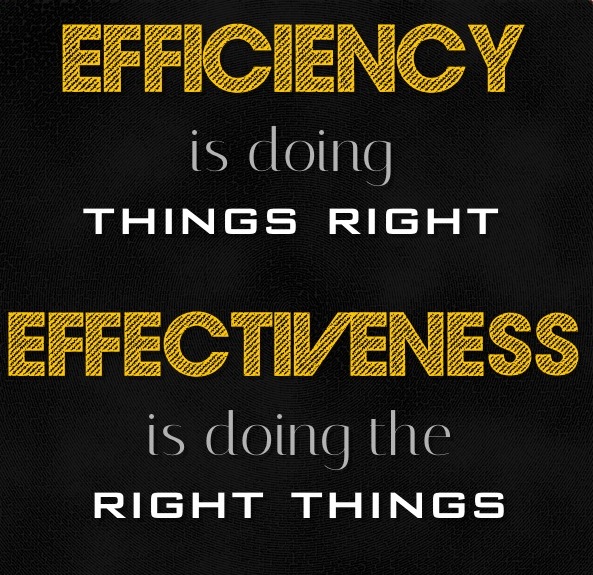
For years, I have urged fellow lawyers to find ways to be more efficient and cost effective to attract and keep clients. Capitalizing on technology can not only make lawyers more efficient; it can also reduce the drudgery in legal work. Unfortunately, I still hear quite a lot of lawyers say, “I hate technology.” They even tell me that they avoid it as much as possible.
Those lawyers resemble my elderly aunt who resisted computers for decades, until she got totally left behind. Scarcely anyone would bother to mail letters to her or have photos printed when they could share instantly with everyone else by email, text or social media. Today while family members enjoy video chats from distant corners of the world, she now struggles just to master the basics of email.
Accelerated Client Expectations
Of course, you aren’t as far off the mark as my elderly aunt, but are you keeping up with competitors in your efforts to improve efficiency, reduce client costs, and improve client convenience? Client expectations have ramped up substantially in the last few years. If you don’t believe me, just listen to what Steve Harmon, the Deputy General Counsel of Cisco, told the Legal Marketing Association about what he expects when selecting outside counsel.
Harmon reported that 80% of Cisco’s outside legal spend involves flat or alternative fees. Clients want to corral legal fees instead of letting lawyers run free with an hourly rate. Those lawyers that harness technology and process improvement to become much more efficient than their competitors can profit handsomely from such arrangements. Harmon encouraged lawyers to identify routine transactions where they can leverage staffing, technology and processes to increase efficiency and their own bottom line.
Better Matter Management
One of the most important ways a lawyer can improve efficiency and cut costs on client matters involves effectively managing the matter. Harmon pointed out that most lawyers have a big skill gap in project management expertise. Even rudimentary checklists, timelines and budget estimates respecting the major events in a matter can help reduce costs, smooth workflow and improve client communication. Yet, I frequently encounter lawyers who don’t employ any of those tools with regularity. Harmon expects more from his counsel. He asserts that “every lawyer needs a foundation level of competency in project management.” At Cisco, every lawyer gets project management training.
Outcome Focus
Harmon counsels lawyers to develop an outcome-based model, in lieu of an hours-based model. In an interview with the Legal Executive Institute, he said, “we’re far less interested in the number of inputs required, and are much more focused on the types of outputs we generate.“ He suggests asking clients at the outset, “What does it mean to win?” Then develop an efficient plan to deliver those desired results. When we have handled dozens or even hundreds of similar matters, it is easy to assume we know what is best for the client, and proceed without getting adequate input.
As a solo, you might not expect to have to meet the standards of a sophisticated client like Cisco Systems, Inc. I’m reminded of the story a small firm trial lawyer told me, however. He won a case on summary judgment. While he could barely restrain himself from doing an end zone dance as they exited the courtroom, his client looked rather glum. Thinking the client didn’t realize they had been victorious, he explained the meaning and impact of a summary judgment. The client didn’t brighten. Finally, he inquired what the client wanted instead. The client said, “I didn’t get to tell my story.” I can’t help but wonder whether the client could have gotten what he truly wanted more cheaply and efficiently without going to trial.
As a nimble solo practitioner, you aren’t shackled by partners and structures tethered to the past. Be an early adopter willing to develop (or hire) ancillary skills that help you serve your clients efficiently and cost-effectively to obtain the results that matter to them. You’ll profit from it.
All opinions, advice, and experiences of guest bloggers/columnists are those of the author and do not necessarily reflect the opinions, practices or experiences of Solo Practice University®.





















Comments are closed automatically 60 days after the post is published.